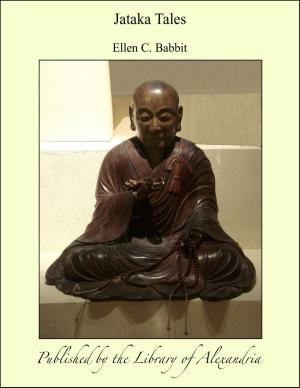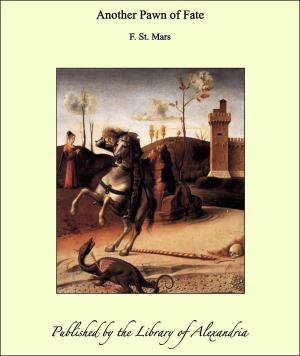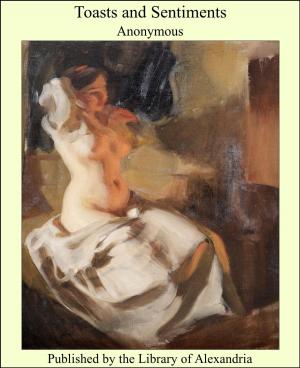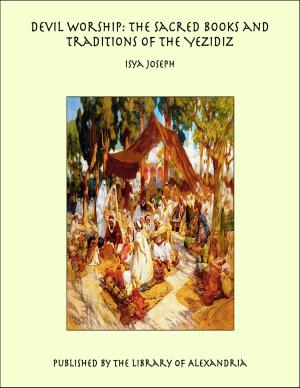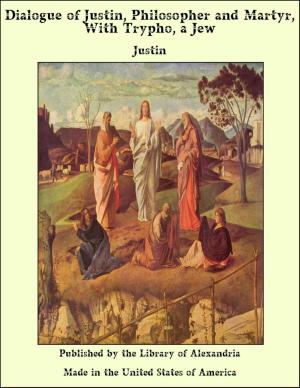The Signature of All Things
Nonfiction, Religion & Spirituality, New Age, History, Fiction & Literature| Author: | Jacob Boehem | ISBN: | 9781465536297 |
| Publisher: | Library of Alexandria | Publication: | March 8, 2015 |
| Imprint: | Language: | English |
| Author: | Jacob Boehem |
| ISBN: | 9781465536297 |
| Publisher: | Library of Alexandria |
| Publication: | March 8, 2015 |
| Imprint: | |
| Language: | English |
Trasumanar significa per verba non si poria; pero, l’esemplo basti a cui esperienza grazia serba. There are few figures in history more strange and beautiful than that of Jacob Boehme. With a few exceptions the outward events of his life were unremarkable. He was born in 1575 at the village Alt Seidenberg, two miles from Goerlitz in Germany and close to the Bohemian border. His parents were poor, and in childhood he was put to mind their cattle. It was in the solitude of the fields that he first beheld a vision, and assuredly his contemplative spirit must have been well nourished by the continual companionship of nature. Physically he was not robust (though he never had a sickness), and for this reason his parents, when he was fourteen, apprenticed him to a shoemaker. Of his apprenticeship nothing is recorded, I think, except a story about a mysterious man who came once to the shop when the master was away, and taking Jacob by both hands foretold to him the great work that he should accomplish. In 1599, when he was four-and-twenty, he became a master shoemaker, and in the same year he married the daughter of a butcher. The girl developed into a capable considerate woman, and they lived together happily until Boehme died. They had four sons and probably two daughters, but his children do not figure prominently in the story of his life. Already he had been visited by a sudden illumination of mind, and in 1600 he experienced the second of those marvellous ecstasies that gave splendour to the whole of his after-life. This, also, was followed by a third and still more brilliant illumination that made clear and complete much that in his previous visions had been obscure and unrelated
Trasumanar significa per verba non si poria; pero, l’esemplo basti a cui esperienza grazia serba. There are few figures in history more strange and beautiful than that of Jacob Boehme. With a few exceptions the outward events of his life were unremarkable. He was born in 1575 at the village Alt Seidenberg, two miles from Goerlitz in Germany and close to the Bohemian border. His parents were poor, and in childhood he was put to mind their cattle. It was in the solitude of the fields that he first beheld a vision, and assuredly his contemplative spirit must have been well nourished by the continual companionship of nature. Physically he was not robust (though he never had a sickness), and for this reason his parents, when he was fourteen, apprenticed him to a shoemaker. Of his apprenticeship nothing is recorded, I think, except a story about a mysterious man who came once to the shop when the master was away, and taking Jacob by both hands foretold to him the great work that he should accomplish. In 1599, when he was four-and-twenty, he became a master shoemaker, and in the same year he married the daughter of a butcher. The girl developed into a capable considerate woman, and they lived together happily until Boehme died. They had four sons and probably two daughters, but his children do not figure prominently in the story of his life. Already he had been visited by a sudden illumination of mind, and in 1600 he experienced the second of those marvellous ecstasies that gave splendour to the whole of his after-life. This, also, was followed by a third and still more brilliant illumination that made clear and complete much that in his previous visions had been obscure and unrelated



